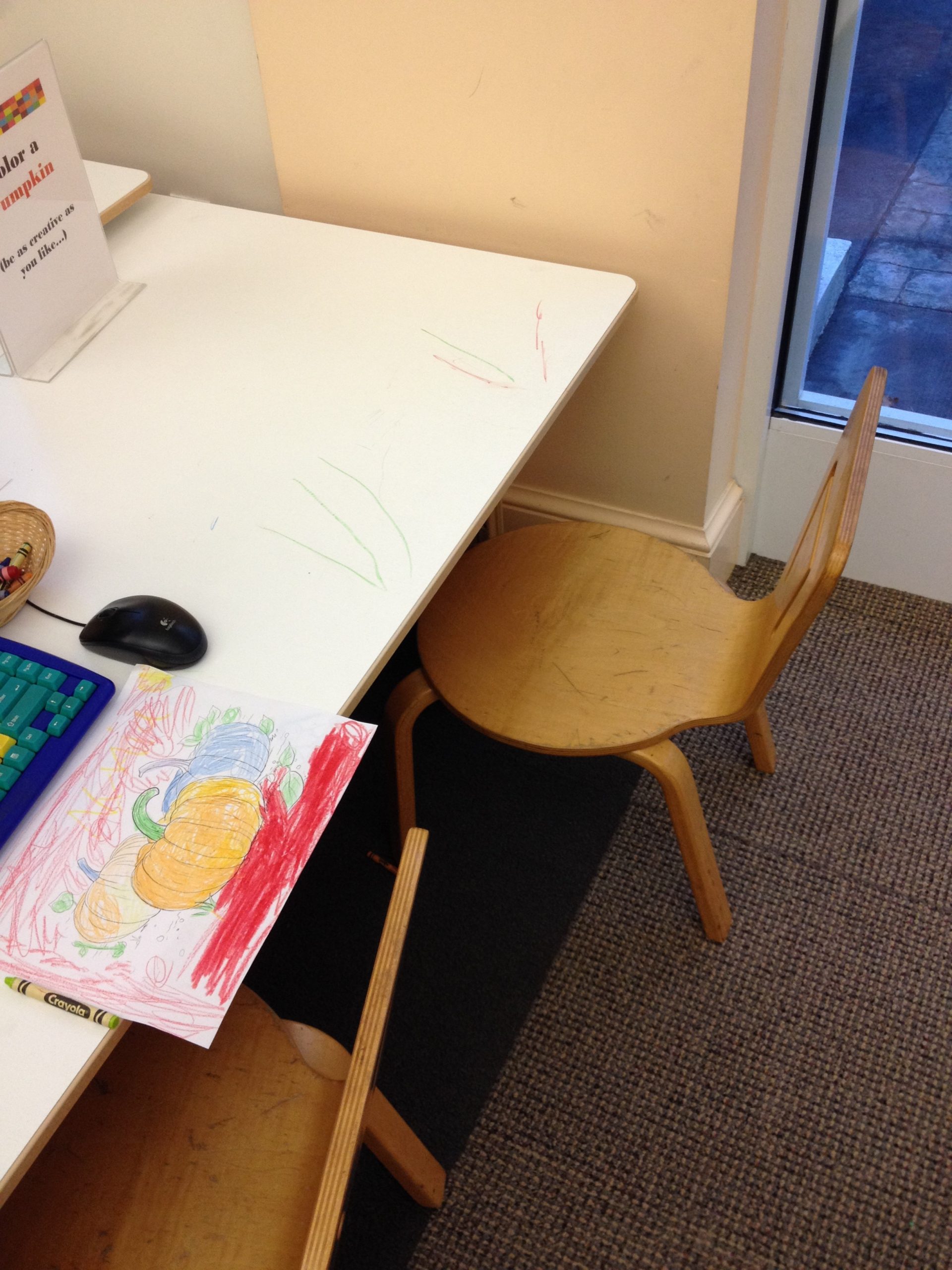Whether you are a parent or a teacher you must ask yourself if your children are receiving the best learning experience in the classroom or is the learning continuously interrupted by the behavior of other children? If you are a teacher, please self reflect on your past practice to remember how many times you asked a student to stop a particular behavior or to pay attention. If you are a parent, ask your child how many times a teacher disciplining a student interrupted the class.
With the beginning of the year approaching along with open house and parent teacher day around the corner here are some important questions to keep in mind:
• What is the procedure for classroom management?
• What are the classroom norms and expectations?
• What are the short term and long term goals for the year?
• Are behavior expectations directed at accomplishing something rather than prohibiting a behavior?
• Are there appropriate work areas in the classroom for individual as well as group work?
• What are the expectations for transitioning in and out of the classroom?
Effective teaching and learning cannot take place in a poorly managed classroom. Current research shows that students in classes with teachers that are classified as most effective can be expected to gain about 50 percentile points in their achievement over the academic year. Students in classes with teachers that are classified as least effective can be expected to gain only about 10 – 15 percentile points by the end of the academic year. Three decades of research indicate that classroom management is one of the critical ingredients of effective teaching. If you want to know if your child’s teacher was effective or ‘good’ just ask your child. You may be surprised by the answer.
With today’s technology and resources there are many methods of improving specific student engagement and behaviors through recording feedback. Some computer software enables printed or emailed reports for both parents and staff. Software such as IRIS www.iris.ac, EPraise www.epraise.co.uk, and ClassDojo http:/bit.ly/14NO9uK have advantages over traditional behavior charts that are usually different from one classroom to another. For other tools that monitor student behavior visit the site. http://www.edudemic.com/2011/09/new-teacher-tools/ . Consistency through the school is important. Students move from one class to the next both daily and year to year with the accountability, work requirement, communication, and feedback being different. Shouldn’t this be standard within the school building if not district wide?
The beginning of the year is an important time for building a positive learning environment with positive attitudes, behaviors, and work habits. Rules and procedures need to be taught and practiced. I have witnessed many teachers that simply state or post rules and have students read over them. After a month or two they are forgotten. Describing and demonstrating desired behaviors help children learn what is expected. The poem written by Dorothy Law Nolte, Ph.D. titled Children Learn What They Live exemplifies the behaviors of children.
Establish a method or procedure for communicating with staff and parents. Many parents want immediate feedback. Teachers should be instructing and/or facilitating students the majority of the school day and parents are usually at work. Let it be known that there is a designated time in which phone calls, reports, emails, or text messages can be sent during the day to teachers and parents. A letter that is positively written or typed should be sent either from the parent, teacher, or grade level team suggesting the best way to communicate information. I had a grade level of teachers send out a letter from the team. This I found to work best as it indicated that the entire team was on the same page and working together. Be sure the letter is neat, legible, and grammatically correct with no misspellings. After I had a parent complain that she received a letter with misspelled words from a teacher, I had all outgoing correspondence sent to the office for proofing. This gave me extra work but I didn’t have the complaints from parents or requests to move students to a different classroom because of the ineffectiveness of the teacher. After all, how could the teacher teach editing skills if she didn’t know to edit her own material?
A little planning before the new school year begins can pay off throughout the year. Children need to see that school is rewarding and enjoyable not drudgery. Build a relationship with staff, parents, and students. Set both short term and long term goals that are achievable for everyone. Appreciate and celebrate accomplishments no matter how small. Keep records and data on achievement, interests, and behavior. Create and build positive attitudes toward teaching and learning.



